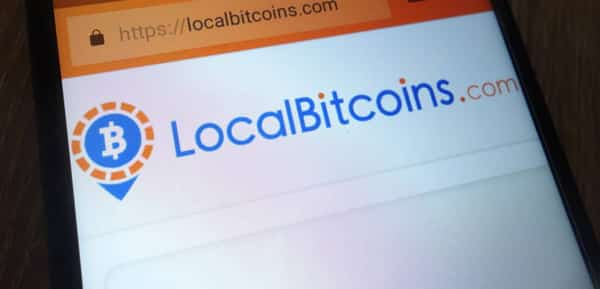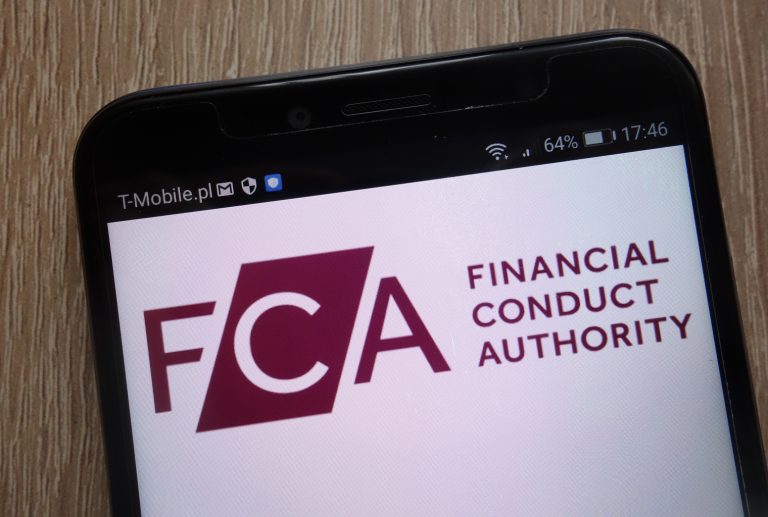
2022-3-7 00:00 |
What is KYC bitcoin, and what steps can users concerned with privacy take to address the issues presented by KYC bitcoin?
If you have spent time going down the rabbit hole of bitcoin or bought bitcoin from an exchange, then you have come across the term KYC (Know Your Customer). You’ve also most likely participated in the process by handing over a ton of personal information to said exchange in order to purchase bitcoin. After your purchase you are holding what others call
“KYC bitcoin.”
What does that even mean? It means that your identity is now tied to the purchase of that bitcoin and the associated wallet address of where that bitcon resides as a UTXO (unspent transaction output).
Is KYC Bitcoin Really Bad?If you place a high priority on privacy and freedom, then the short answer is yes. KYC bitcoin is a major piece of identifying data that can be used to track your transactions. Many believe that KYC goes against everything a Bitcoin maximalist believes in. The average user of bitcoin often knows no different. I will get into personal preferences and tools later on for those who wish to know more later on. This is not meant to be a guide for privacy, but to inform people of tools that I have used that can hopefully help them regain some privacy.
Performing a simple on-chain transaction of sending bitcoin from address to another is recorded on the Bitcoin public blockchain. If you have never done so or are curious, then I suggest looking at a Bitcoin block explorer, such as mempool.space, where you can input bitcoin wallet addresses and see their transaction history. In addition to this public information, having gone through KYC with an exchange allows transaction information to be recorded by the exchange. They can attach that transaction to your ID and location, and they will know how much bitcoin was bought and how much was sent to another wallet address. As stated earlier, many feel this is not an issue, but I feel it's important for both new and existing Bitcoin users to be aware of the information being shared with KYC exchanges.
So How Much Of Your Bitcoin Should Be No-KYC?There is no perfect formula, like 50/50 or 60/40. This goes back to your needs and everyday usage of bitcoin. If you already have KYC bitcoin, it's up to you to determine if you want to keep it or sell it and try to acquire non-KYC bitcoin. It is unwise to try and make already KYC’d bitcoin hidden or otherwise private. If you’re looking to acquire non-KYC bitcoin, then the best idea would be to sell any KYC bitcoin and then use tools like the ones listed below to try and maintain privacy best practices.
As a personal preference, I lean more on the non-KYC bitcoin privacy side — I don't believe any entity or governing body should know how or what I spend my bitcoin on. That isn't to say I don't have any KYC bitcoin — but I understand the risk I’m taking. It's easy enough for me to buy bitcoin from an exchange rather than going through some additional hoops for privacy, such as those required to buy from Bisq, a peer-to-peer exchange. — but when I am interested in privacy I consider such services.
Another tool that I use to take back my privacy is RaspiBlitz, a Bitcoin and Lightning node. You can build this device at home running off a Raspberry Pi. The service I use with it is JoinMarket which utilizes CoinJoin. I use Electrum (another service in the Raspiblitz suite) to be able to create a new wallet with loads of new addresses, so when coinjoined transactions are complete, I can send them to many addresses and not reuse addresses. This helps to reduce the deterministic hierarchy of my UTXO history, something that many chain-analysis companies use to track bitcoin transactions. This is not meant to be a technical guide, but by using the two tools mentioned, I can create new and destroy old wallets as needed while continuing to send bitcoin to my choosing. Now this isn't a foolproof method. If I go and deposit bitcoin back onto my exchange (or any place I KYC with) because I want fiat, then essentially all the work I did can be undone. Why? Because reusing a bitcoin address is the fastest way to reconnect all the points in between. So, if you do end up using JoinMarket and Electrum, your ultimate end goal is to keep post-coinjoined KYC bitcoin away from addresses and places where you have to KYC. Keep your stacks separate.
In the end, like everything else between privacy and freedom, Bitcoin falls into a conundrum as well. There is no perfect solution for each Bitcoin user, but one should familiarize themselves with how block explorers work, privacy tools, such as JoinMarket, and how much information you are required to give up with performing a KYC. There is space for both kyc and non-kyc bitcoin as well, just find your balance and know to keep each separate.
This is a guest post by Anthony Feliciano. Opinions expressed are entirely their own and do not necessarily reflect those of BTC Inc or Bitcoin Magazine.
origin »Bitcoin price in Telegram @btc_price_every_hour
Bitcoin (BTC) на Currencies.ru
|
|


























